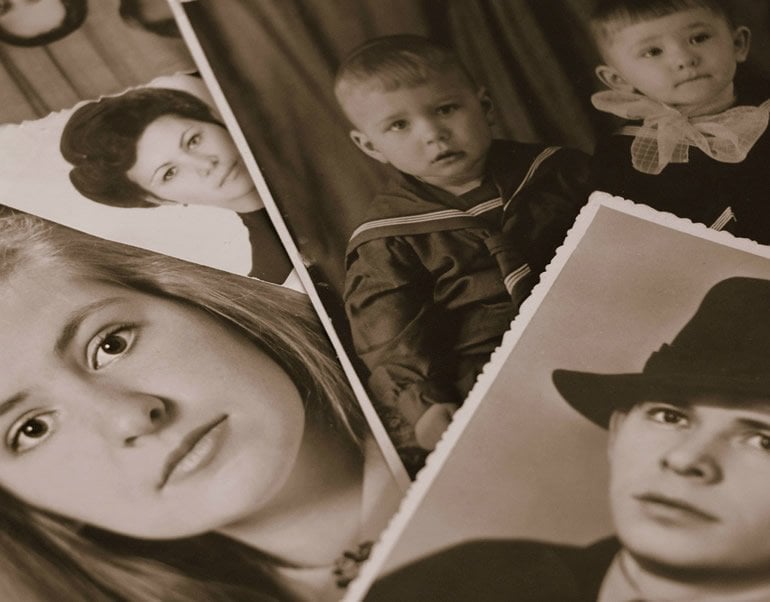Summary: Using a third-person, or observer, perspective to recall memories activates different areas of the brain than using a first-person perspective for memory recall. Adopting an observer-perspective for memory recall leads to increased interaction between the anterior hippocampus and posterior medial network.
Source: University of Alberta
Adopting a third-person, observer point of view when recalling your past activates different parts of your brain than recalling a memory seen through your own eyes, according to a new paper.
“Our perspective when we remember changes which brain regions support memory and how these brain regions interact together,” explained Peggy St Jacques, assistant professor in the Faculty of Science’s Department of Psychology and co-author on the paper.
Specifically, the results show that recalling memories from an observer-like perspective, instead of through your own eyes, leads to greater interaction between the anterior hippocampus and the posterior medial network.
“These findings contribute to a growing body of research that show that retrieving memories is an active process that can bias and even distort our memories,” added St Jacques.
“Adopting an observer-like perspective involves viewing the past in a novel way, which requires greater interaction among brain regions that support our ability to recall the details of a memory and to recreate mental images in our mind’s eye.”

Adopting an observer-like perspective may also serve a therapeutic purpose, explained St Jacques. “This may be an effective way of dealing with troubling memories by viewing the past from a distance and reducing the intensity of the emotions we feel.”
This work builds on St Jacques’ previous research on visual perspective in memory, which found that the perspective from which we recall a memory can influence how we remember them over time.
The lead author on this paper is Faculty of Science alumna Heather Iriye, who conducted this research as part of her PhD at the University of Sussex in the United Kingdom. Iriye is now a postdoctoral fellow at the Karolinska Institute in Sweden.
About this memory research article
Source:
University of Alberta
Contacts:
Craig Brierley – University of Alberta
Image Source:
The image is in the public domain.
Original Research: Closed access
“How visual perspective influences the spatiotemporal dynamics of autobiographical memory retrieval” by Heather Iriye, Peggy L. St. Jacques. Cortex.
Abstract
How visual perspective influences the spatiotemporal dynamics of autobiographical memory retrieval
Visual perspective, recalling events from one’s own eyes or one of several possible observer viewpoints, is a fundamental aspect of AM. Yet, exactly how visual perspective influences the functional mechanisms supporting retrieval is unclear. Here we used a multivariate analysis to characterize the spatiotemporal dynamics of networks supporting AM retrieval from multiple typical and atypical visual perspectives. Both own eyes and observer perspectives engaged an AM retrieval network (i.e., hippocampus, anterior and posterior midline, and lateral frontal and posterior cortices) that peaked during later retrieval periods, but was recruited less strongly for observer perspectives. Functional connectivity analyses with an anterior hippocampal seed revealed that visual perspective also affected the strength and timing of neural recruitment. There was stronger hippocampal connectivity with a posterior medial network during the initial retrieval of AMs from atypical observer perspectives and stronger within-MTL and ventromedial prefrontal cortex connectivity during later retrieval periods from own eyes perspectives, suggesting that visual perspective is an important factor in understanding how neocortical systems guide memory retrieval. Our findings demonstrate that adopting own eyes and observer perspectives during AM retrieval is correlated with distinct patterns of hippocampal–neocortical interactions associated with differential recruitment of the AM retrieval network during later retrieval periods, thereby supporting the central role of visual perspective in reconstructing the personal past.






